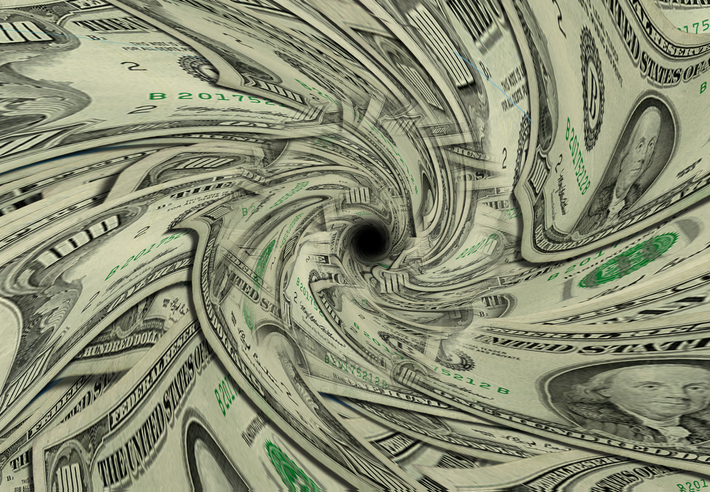Mention "April 15" and even the steadiest among us are liable to wince. This reaction, of course, comes from the experience of annually submitting a federal income tax return. That means wrestling with the 820 extra pages and 271 new regulations added to the tax code since 1997, or choosing among the 569 tax forms printed by the IRS.
On April 15th, though, Washington residents might consider themselves lucky. After all, unlike our fellow citizens in most states, at least we don't have to pay a state income tax.
But this conclusion can be deceptive. Washington is one of only seven states without an income tax, but when you look at the numbers, we are actually among the highest taxed in the country. Consider these comparisons:
- Washington's state sales tax burden is the second highest in the country. At 4.6% on average per person, it is more than twice the national per person average of 2.2%.
- When added to our steep local sales taxes, the combined sales tax burden Washington citizens pay moves to the highest in the nation.
- On top of that, our state property tax is the second highest in the country, exceeded only by Montana's.
- Less than half of Washington's 39 counties and 12 largest cities implemented the property tax relief called for by voters when they passed Referendum 47. In its first year of operation, only 17 counties and 5 large cities held their property tax increases to the rate of inflation or below.
And while citizens feel the tax bite, the state continues to collect far more than it needs to actually run government services.
1999 will be the sixth year in a row that the state's General Fund tax collections will be greater than expenses. This year the state's budget surplus (some call it a tax overcharge) will top almost $1 billion. Yet the governor has proposed just $500,000 in tax reduction out of a budget of more than $20 billion. If passed, this works out to provide 4 cents in tax relief to every person in the state. But even this cut is offset by $1.243 billion in proposed higher spending, meaning the governor's budget calls for one penny of tax reduction for every $25 in new spending.
By any measure Washington citizens are overtaxed. We now pay more in taxes at all levels of government than we do for food, clothing, shelter and transportation combined. In most working families, taxes this year will eat up more than one-third of total income, leaving even less to meet daily needs and future plans.
This April 15th a reasonable question to ask is, "Why is the state building up an even bigger budget while most working families are just trying to balance theirs?"




